Our Region
We work with you to protect and care for the soil, water, and natural places in Clackamas County.
Clackamas County Overview
Clackamas County is a beautiful area in Oregon with two main ecoregions: the Cascades and the Willamette Valley.
It’s known for its rich soil, clean water and air, and abundant wildlife, making it a great place to live, work, and enjoy nature.
The county has a long history, named after the Clackamas people, who are part of the Chinookan tribe. Oregon City, the county seat, was the first incorporated city west of the Rocky Mountains and played an important role in early Oregon history.
Caring for Natural Resources
The county’s natural resources—soil, water, air, plants, and wildlife—are essential for everyone. Farms, nurseries, and forests in Clackamas County are among the most productive in the country. Using these resources wisely ensures they will be available for future generations.
Fun Facts About Clackamas County
3rd
most populous county in Oregon
420k+
people live here
1,883
SQ miles, from Mt. Hood to the Willamette River
Urban Clackamas County is part of the Portland Metropolitan Area.
The Barlow Road, a key route for early settlers, brought thousands of immigrants into Oregon City.
Clackamas County is a mix of urban, suburban, rural, and wild areas. Its rich history and natural beauty make it a special place to call home.
Our Priorities
We help people in Clackamas County solve land management problems on private property. This includes improving habitats for wildlife, controlling erosion, getting rid of harmful weeds, replacing failing septic systems, keeping forests healthy, and more.
Healthy soil helps our farms, ranches, forests, and even our backyards thrive.
Clean and plentiful water supports people, plants, and animals in Clackamas County.
Well-managed forests are productive, fire-adapted, and home to diverse wildlife.
Diverse wildlife habitat provides healthy and functional forests, rivers, and landscapes for future generations.
Invasive weeds raise food costs, harm wildlife habitat, and lower property values.
“
Look deep into nature, and then you will understand everything better.
—Albert Einstein
